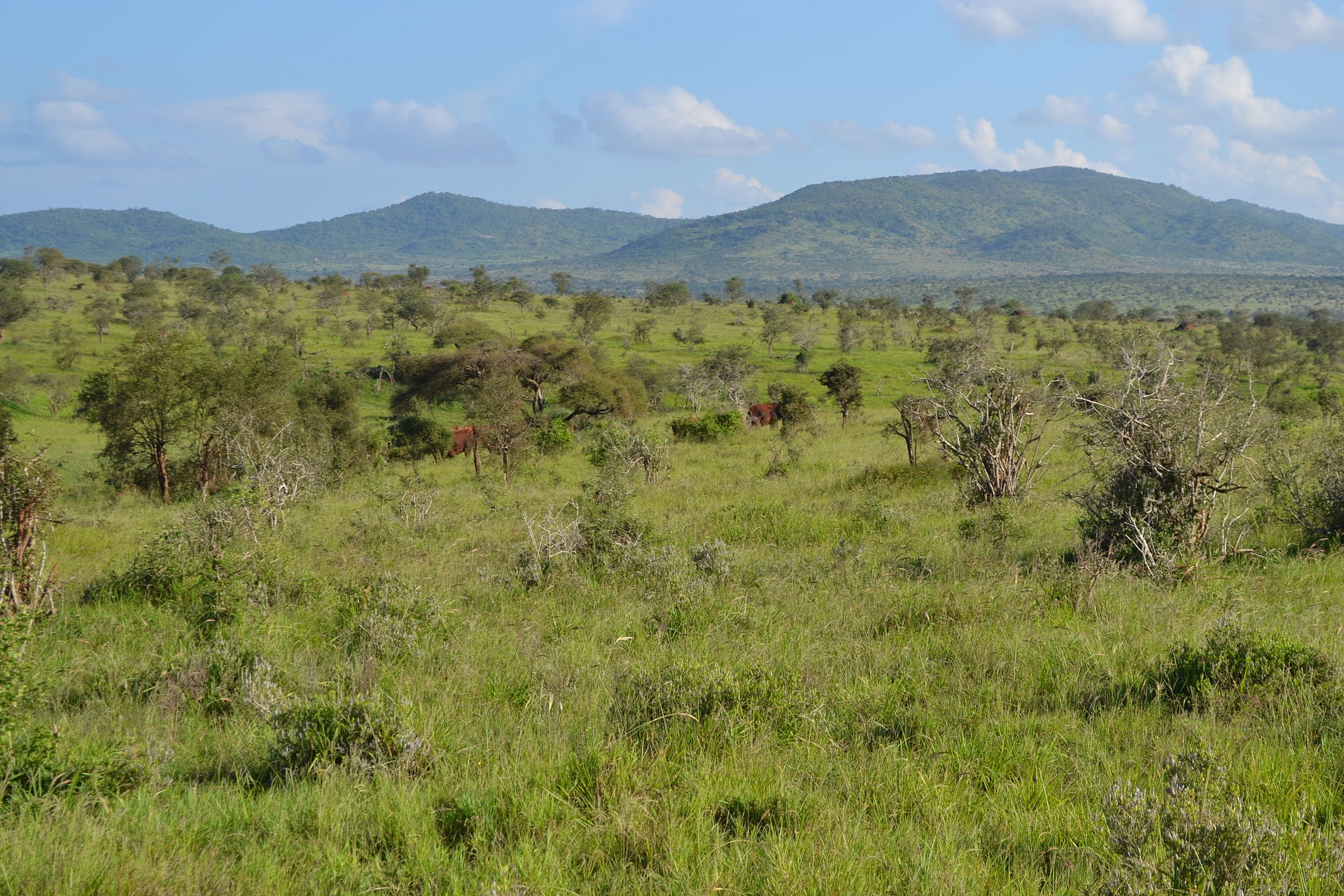I am a fan of actual evolutionary *thinking*
Just to be clear, when I write a post like this one, I am in no way disparaging actual attempts to think about the impact our biological history has had on our present-day state. For instance, Thorstein Veblen speculated that perhaps we find the grounds of an English nanor house, with its scattered trees set in huge swathes of grass, so appealing because it evokes our past as a savanna ape. Now, that was sheer speculation on his part, and a lot of work would need to be done to confirm his guess, but it is at least a serious hypothesis that could be confirmed or not.
Unlike, say, invoking "poor monkey brains" whenever someone has trouble sorting out a sentence.

I'm still not seeing the distinction you're making between the "good" vs "bad" evolutionary reasoning. The article you mentioned in the last post didn't just say, "oh, monkey brains suck, moving on"; it tried to identify a niche of mental modeling that the ancestral environment wouldn't select for (multiple negation).
ReplyDeleteHow is that any less worthy of being called "a serious hypothesis that could be confirmed or not" than the one you just cited about "apes like looking at savannahs", and where did your original post make that distinction clear?
Well, I am not saying the Language Log post used *bad* evolutionary reasoning: I am saying it used none at all.
DeleteIf our ancestral environment didn't select for multiple negation... how is it we use it?! And, in fact, are the only creatures that use it.
It must have selected for it!
It is a little like saying koala bears have a hard time digesting eucalyptus leaves because of their "poor koala stomachs"... when, in fact, they are the only animal that can digest them at all!
As I said, if we discovered that sloths and spiders and swallows are all great at multiple negations, and only primates bad at it, invoking "poor monkey brains" would make a sense. But compared to *every other species on earth*, we are FANTASTIC at multiple negation, and that is really what requires explaining, not that we aren't perfect at it!
That would have been a clearer argument to make the first time around, to help explain what you're objecting to beyond it being "bad -- nay, not evolutionary thinking at all".
DeleteBut it still doesn't seem like a case against applying evolution to explaining the difficulty of some mental tasks vs others: as I understand it, they were comparing the difficulty primates have at symbolic logic vs other tasks *primates* are good at, which includes facial recognition, bipedal locomotion, etc. That requires explaining too, does it not?
Sorry for asking you to clarify all this.
"But it still doesn't seem like a case against applying evolution to explaining the difficulty of some mental tasks vs others:"
DeleteSo who was trying to say don't do that?! That's why I made the second post! I love applying evolution!
"they were comparing the difficulty primates have at symbolic logic vs other tasks *primates* are good at..."
OK, so which branch of the evolutionary tree tops primates at symbolic logic? Moss? Plankton? Snakes? Molluscs?
The fact is, amongst all living creatures, primates are THE VERY VERY BEST at symbolic logic. Which is why it is such garbage to blame "monkey brains" on any problems we have with symbolic logic: like blaming "poor squid tentacles" on the difficulty giant squids having tussling with sperm whales, or "poor cheetah legs" for why gazelle sometimes escape.
Gene, I think that Language Log post is saying something like "Modern society is requiring us to use linguistic constructions that are often more sophisticated than what evolution has prepared us for." It could be that back when we were on the Savannah whatever simple communication system we had may not have utilized multiple negations. But later humans may have developed more complicated languages, languages that sometimes challenge our brain's capacities because evolution had prepared us for only lesser intellectual challenges.
ReplyDeleteAnd also our limitations concerning multiple negations might be due to what we have in common with other apes, rather than the linguistic abilities that set us apart. Like it could be that we have trouble with multiple negations because we have trouble keeping multiple thoughts in our conscious mind simultaneously without pushing one of them into short-term memory, and that this is a trait that we inherited from other apes, even if the content of our thoughts are different. (I have no idea whether this is a plausible reason for why we have trouble with multiple negation, it's just an example.)
Keshav, the convoluted nature of your attempt to excuse them says a lot, doesn't it?
DeleteWhat if they had just said, "As sentences become more complex, they get harder to grasp?"
If Google Translate has trouble with a multiple-negation sentence, would you prefer the engineers tell you, "Yes, it is a hard problem?" or that they explain it by saying their computer has a "poor Babbage analytic engine brain"?
"because we have trouble keeping multiple thoughts in our conscious mind simultaneously without pushing one of them into short-term memory, and that this is a trait that we inherited from other apes..."
Right, because jellyfish and oak trees handle multiple negation exquisitely!
In other words, anything of substance in the phrase boils down to, "As finite creatures, we have limited capacities."
Delete